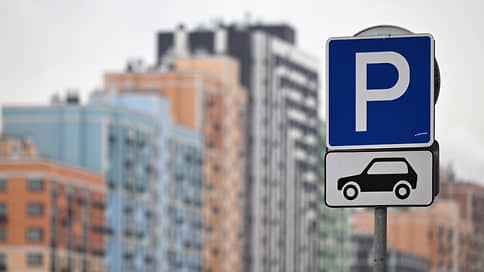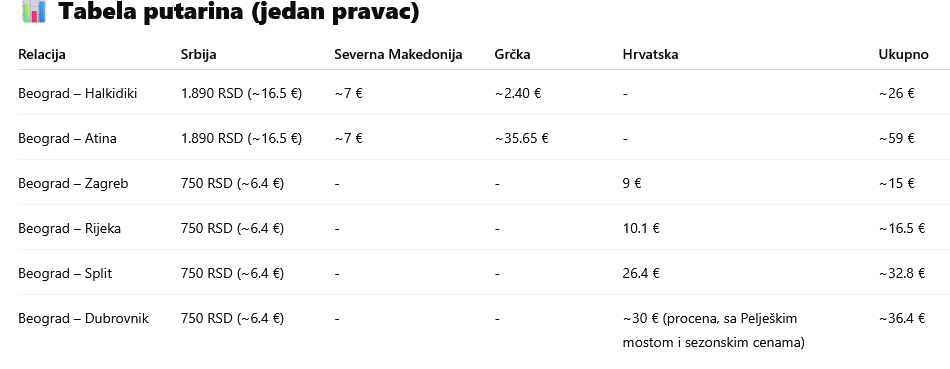A quarter of police officers experience insecurity
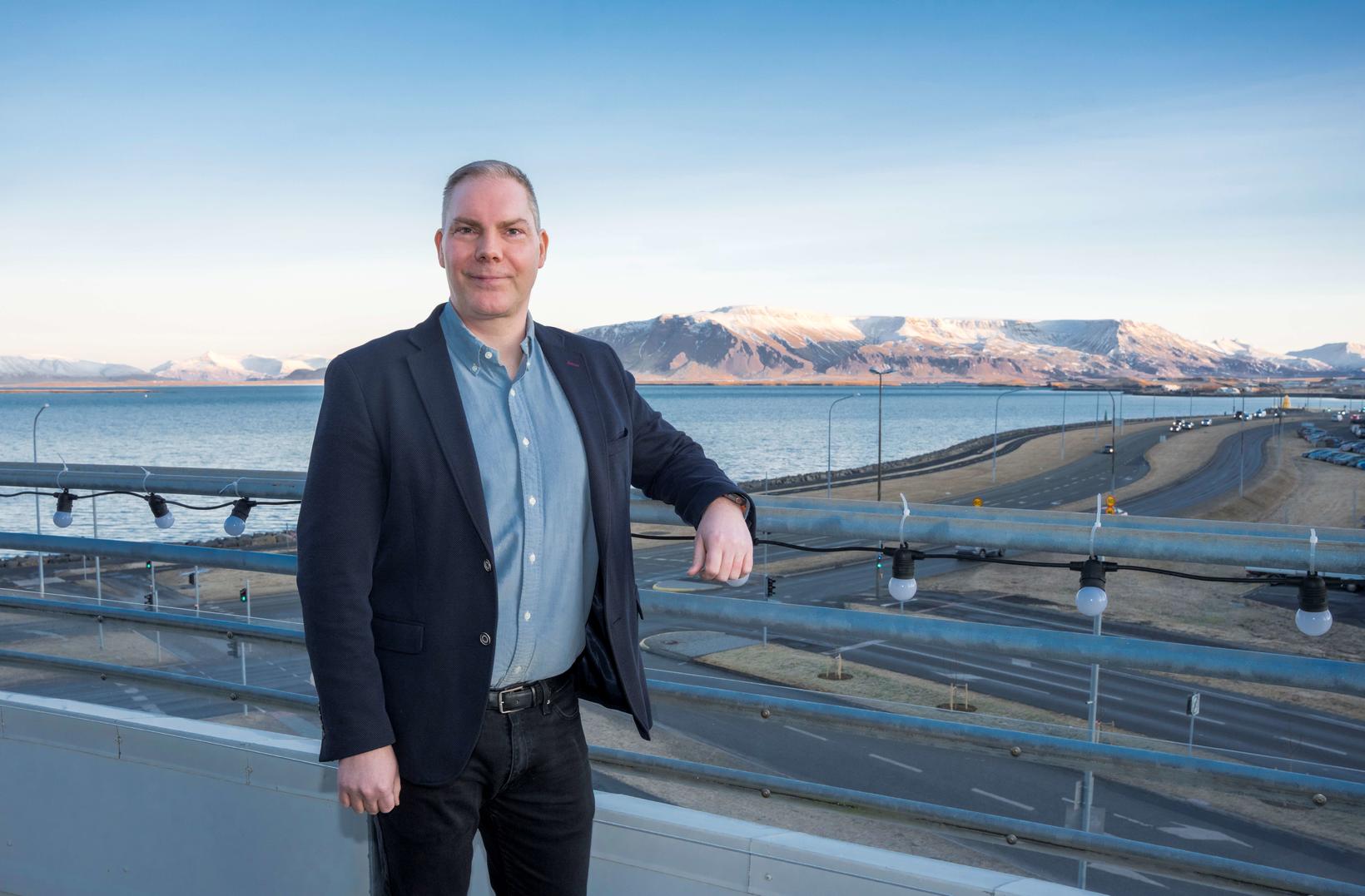
One in four police officers experiences insecurity in their work. The proportion of police officers who experience that their sense of security in their work is worse than the previous year is rising, which is about one -fifth of police officers.
This is stated in a survey conducted by the National Commissioner of Police, which is carried out annually. The results are from last year, but the survey will be returned to police officers this fall. Among other things, they ask how safe they experience in work on a normal working day.
According to Ólafur Arnar Bragason, head of the National Commissioner of Police, the police officers’ response rate has varied between years but is usually around 50-60%.
« There are more than one -fourth police officers who experience insecurity in the job, but of course there is talk of all police officers, and of course, police officers work in different circumstances. Some are out on the scene but others work on research.
« And in reality, this proportion of police officers is increasing from year to year that experience that their sense of security is worse than the previous year. It is rising. There is one fifth that experiences it. »
Constantly been improving support
Ólafur says it needs to be taken seriously when 20% of police officers experience more insecurity in their work than they did the year before. He mentions that the results were among the data that was considered when it was proposed to initiate pilot projects on the implementation of electricity weapons.
However, this is not the only action that has been taken. He says that spiritual and social support is constantly being improved within the police, as well as a systematic effort to specifically support the police officers who experience insecurity in their work. It is done in two ways: on the one hand with improved equipment and on the other with the increase in police officers.
« That is what the government is now meeting with the police – ie increasing the number of 50 people in the police to ensure that enough people are on the scene, so that security can be ensured, » says Olafur, referring to the Minister of Justice.
Increase in training
He says it is important that police officers have enough time to carry out their tasks firmly, as insecurity can arise when police have to run from one task to another without being able to assess the situation sufficiently.
« So we have also been increasing training, because police officers are undergoing a lot of challenging situations. Then we have been increasing training in a reduction in thrilling methodology that concerns communication technology that police officers use on the ground. We have also been working with our own stress management, »
« The higher you are, if you can put it that way, the worse decisions you make naturally on the ground.
This is all part of the perception of police officers regarding a sense of security. If you go to the platform and you are high up, you experience yourself insecure on the scene. «
Relaxation exercises part of the training
Ólafur says that among those in training are breathing exercises, autonomy and meditation. Police officers are taught to imagine situations and different solutions. It is individualized which methods are suitable for each one.
« For example, it is looking at what breathing exercises are suitable for each one. Because my rhythm is perhaps other than yours. Train people in that they can go on the call and keep the pulse well so that it does not affect decision making. «
According to Olaf, the police have been systematically applied this approach for the past 7–8 years. The police have also worked well with the university community and has been working on a study in collaboration with Sigrún Þóra Sveinsdóttir, PhD in Psychology. Professional methods have also been introduced from the University of Toronto, Canada.
Much worked in culture within the police
When asked, Olafur has worked a lot in culture within the police over the past 15 years or so, since the goal is that it is not only approved for police officers to seek assistance, but that it is actually a « safety device » too.
« That you are not attending work when you are not ready. It took a lot of cultural change there. »
He says the change also appears in the fact that police officers are now calling for increased support, especially in the form of staffing, so that safety can be ensured and avoid them in situations that they do not cope with.
mbl.is/eggert Jóhannesson
Download inspiration to sports science
He also says that there has been a lot of cooperation with the special forces, which plays an important role as a model for general police officers. For example, the Special Forces have sought inspiration for sports science and examined how accomplices are preparing for a difficult project.
« We received a period of Hafrún Kristjánsdóttir (professor and faculty president of the sports department of the University of Reykjavik) for the period), who came in with great education that we have used from sports studies for spiritual preparation. »
Hafrún Kristjánsdóttir, Professor and Dean of the Faculty of Sports of the University of Reykjavik, has had education that police officers have used for spiritual preparation of challenging projects.
mbl.is/binni
« Run into situations where most people run out »
He says that this approach has been well received by police officers.
« It has been a little bit out of this stage, because before it was perhaps more to look at clinical psychology as there is something to you, but it is more now that the environment is in this way, and how we can best prepare for the tasks assigned to the police, » says Olafur and continues:
« Police officers have the role of running into situations where most people run out, so our role is both to try to prepare police officers as best as possible and then support them in the processing. »
Finally, Olaf mentions that it has become much more recognized within the police profession today to seek help from a psychologist – not necessarily because of problems but to prepare and be ready if something comes up later.
« So if something happens later, they have a psychologist they know and trust and can then go to him and process it. »

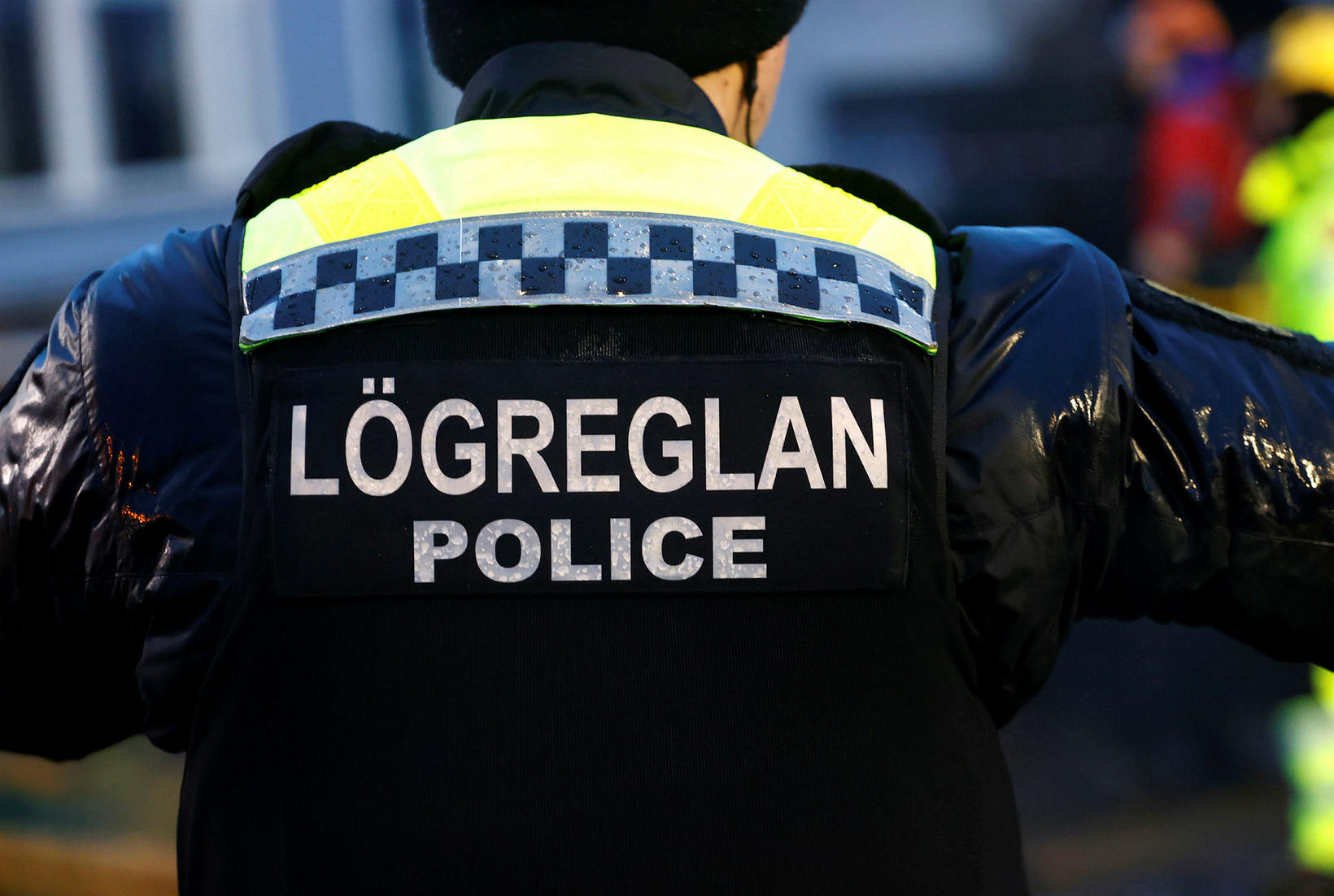
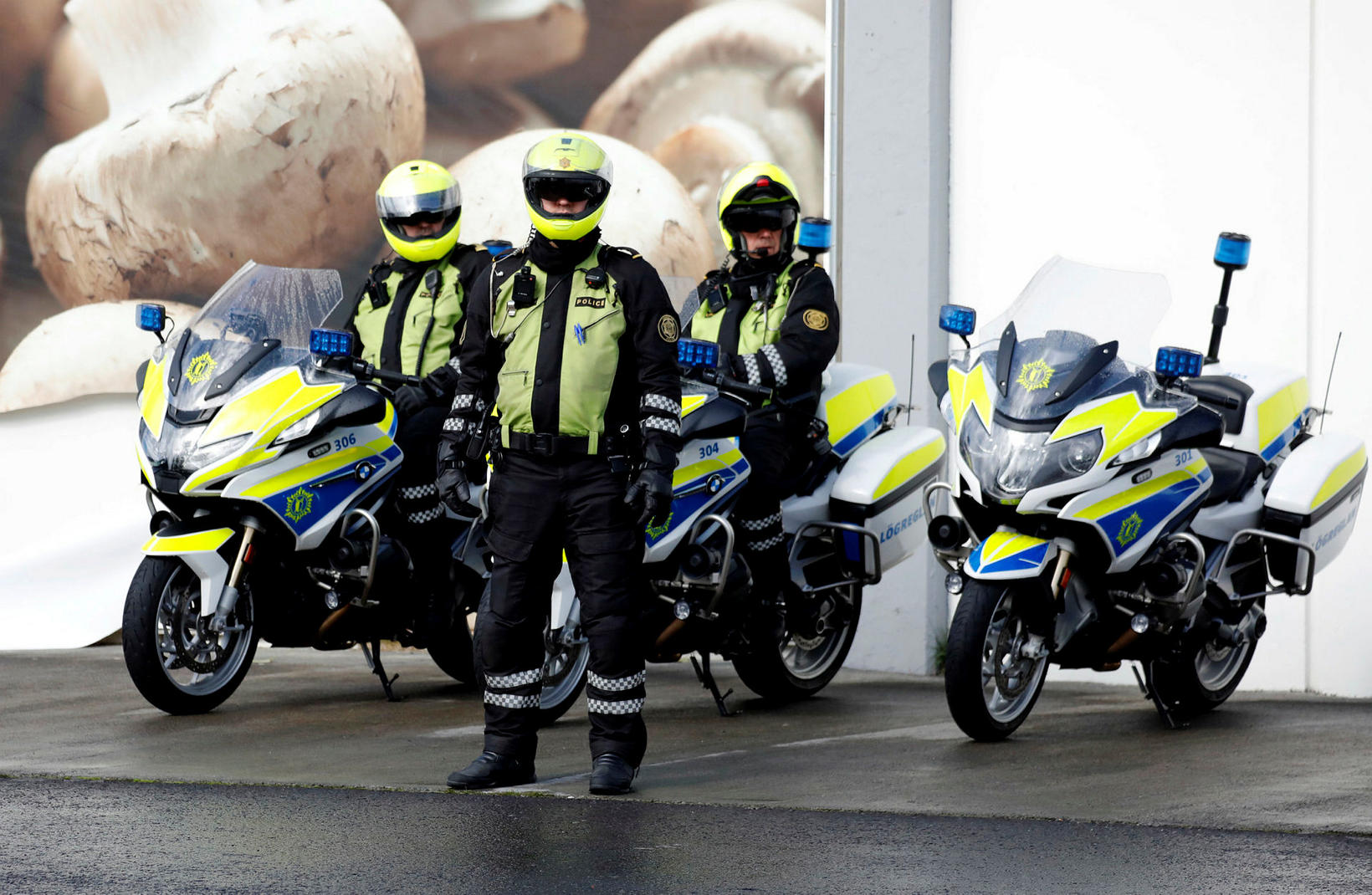
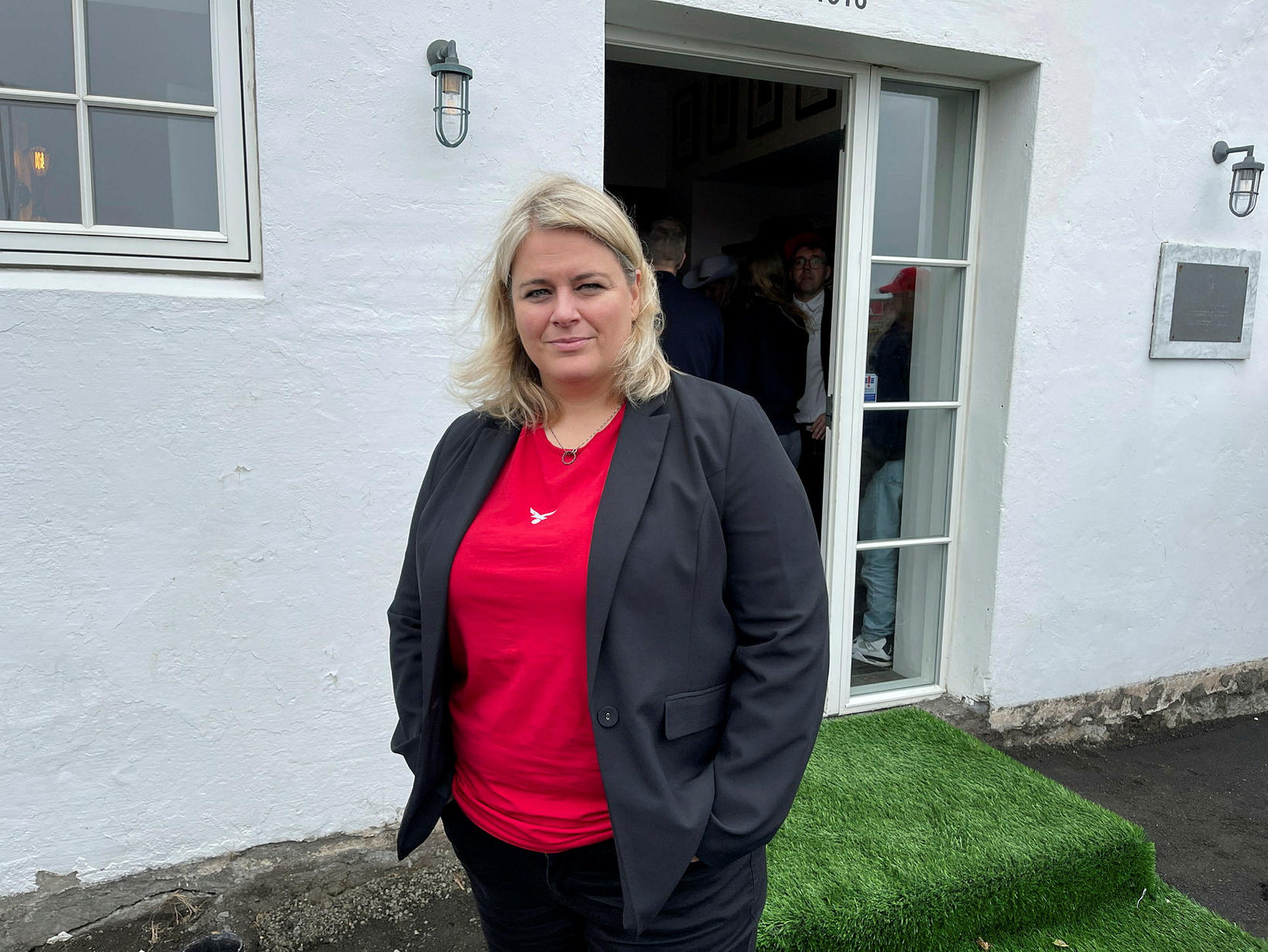

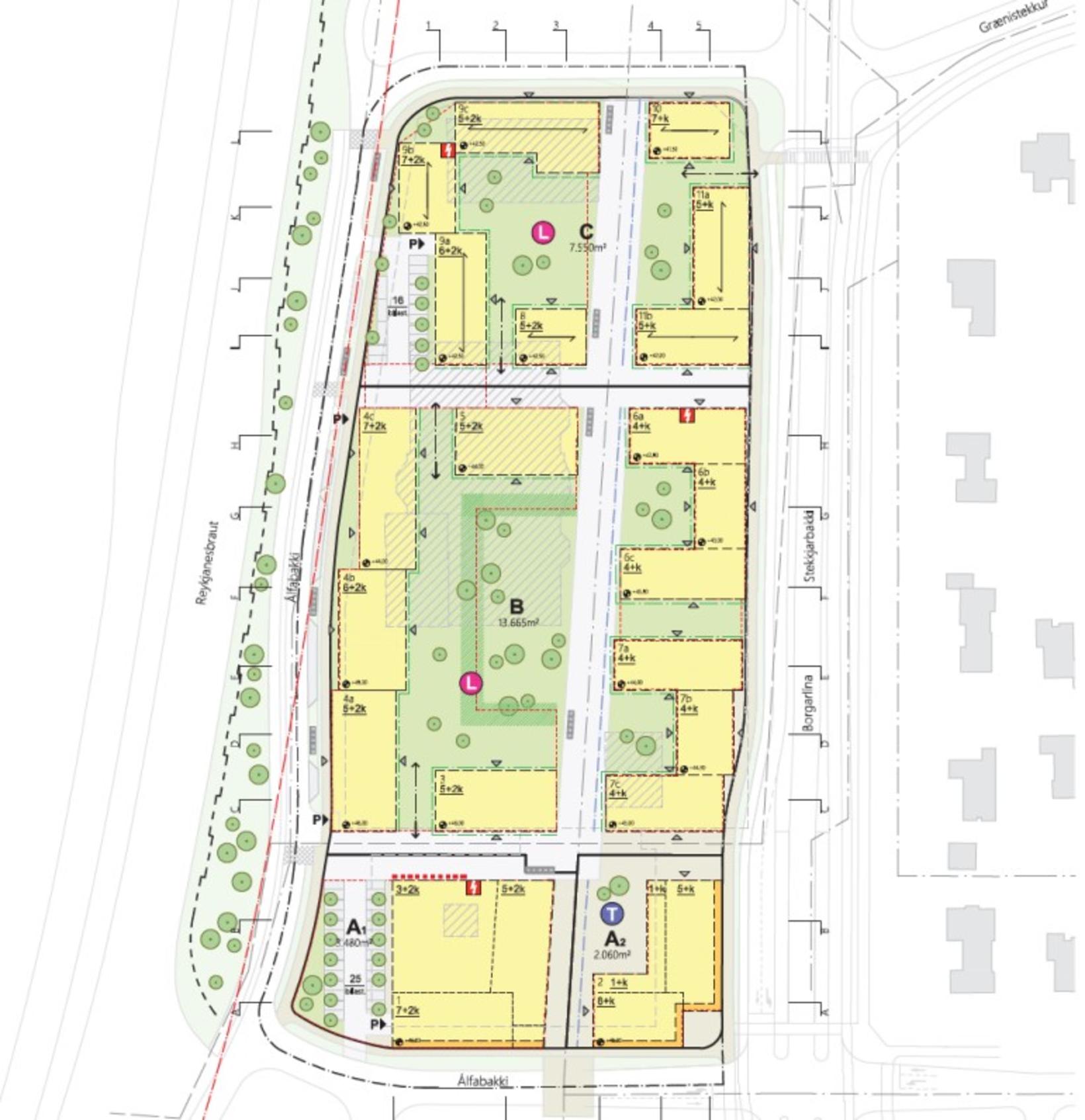
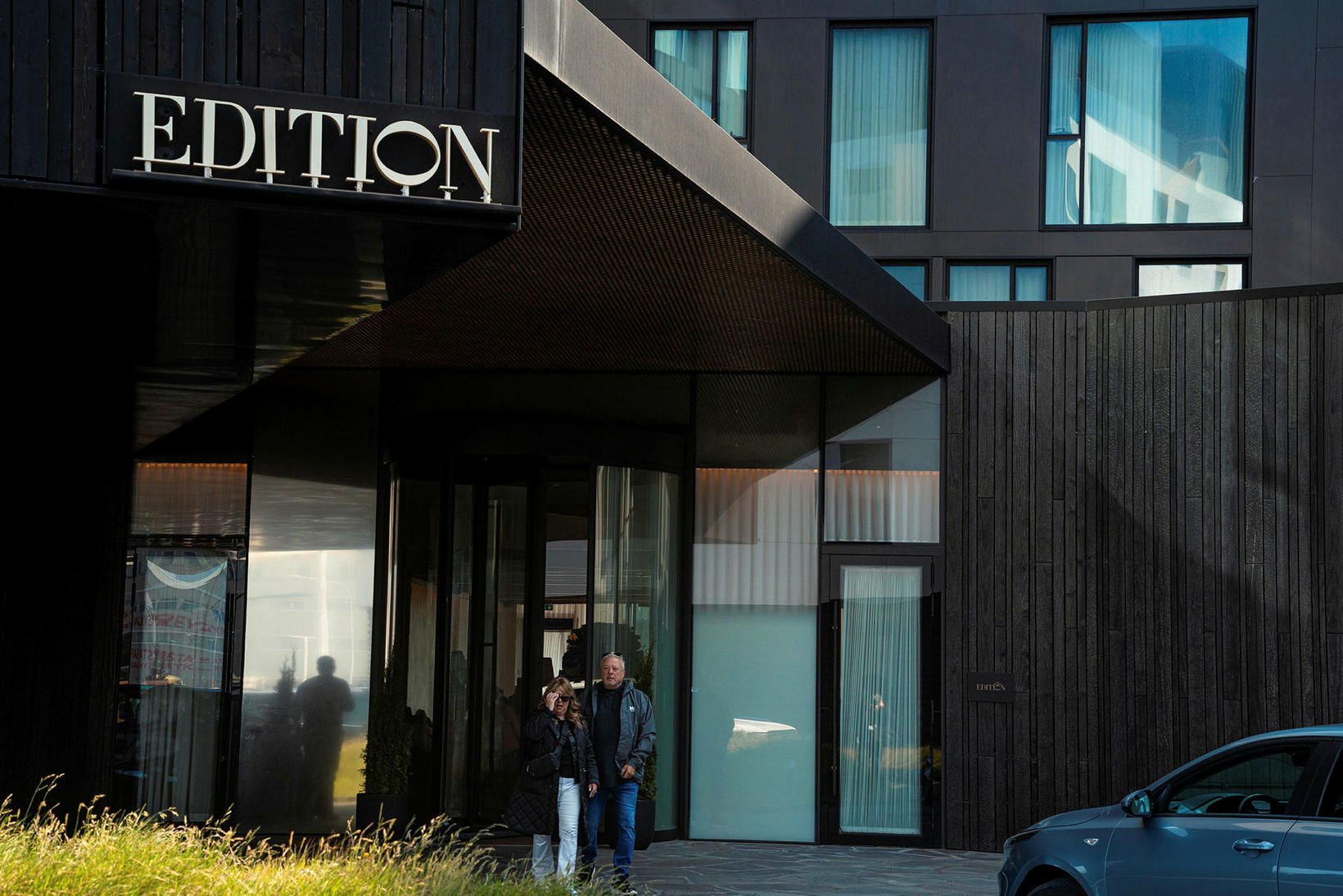
:format(webp)/s3/static.nrc.nl/wp-content/uploads/2025/06/14150800/data133577503-6b2373.jpg)

